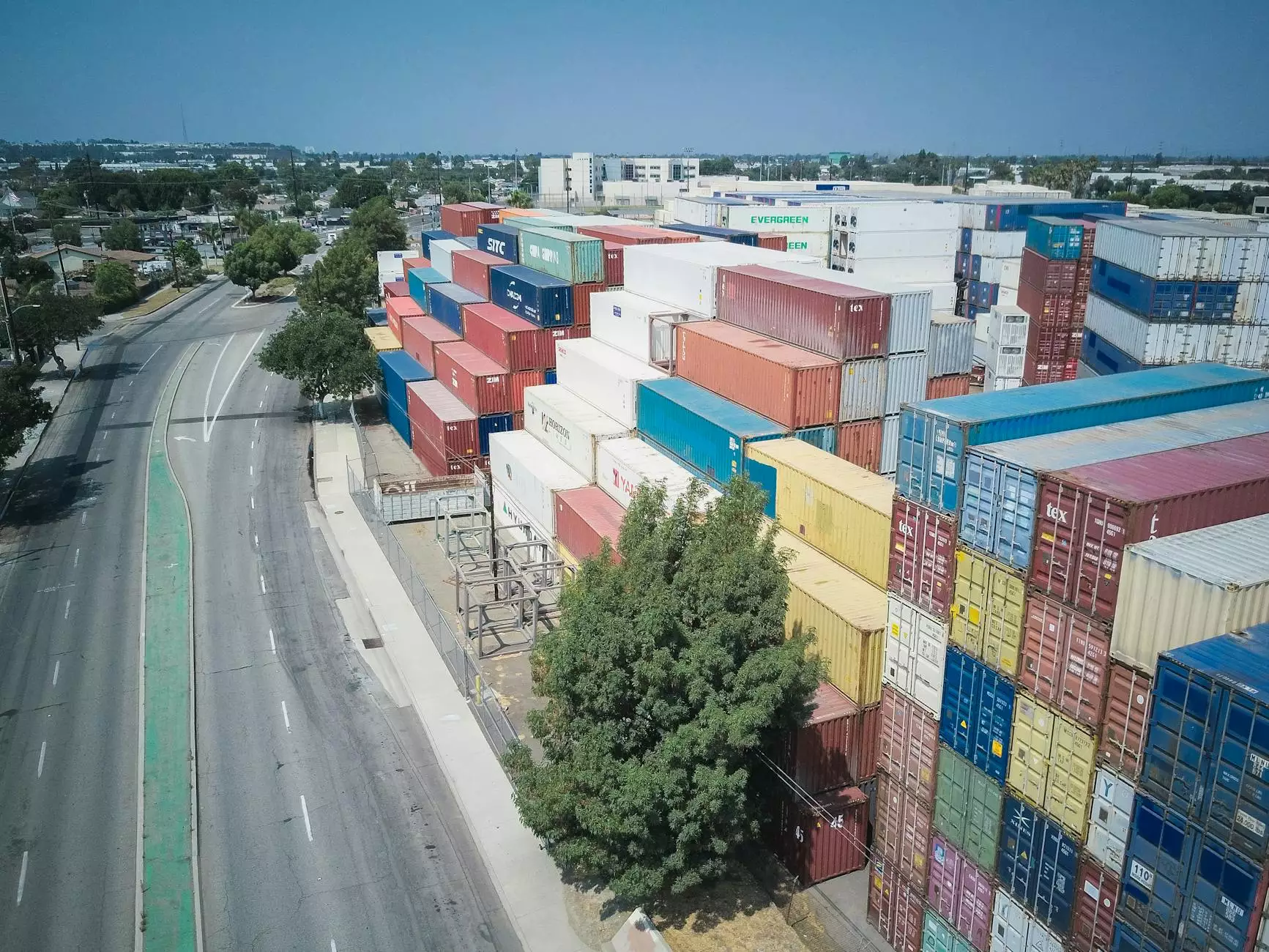The Essential Guide to Air Cargo Services

In today's fast-paced global economy, businesses require efficient and reliable shipping solutions. Air cargo has emerged as a pivotal component in the logistics industry, delivering goods swiftly across vast distances. Whether you are an emerging entrepreneur or an established corporation, understanding the intricacies of air cargo can significantly enhance your operational efficiency and customer satisfaction. In this comprehensive guide, we will delve into the air cargo quote process, key benefits, factors influencing costs, and much more. This information will empower you to make informed shipping decisions with cargobooking.aero.
What is Air Cargo?
Air cargo refers to the transportation of goods via aircraft. With the ability to traverse international borders in a matter of hours, this mode of transport is indispensable for industries requiring speed and efficiency. From perishable goods that need immediate delivery to high-value products in demand across the globe, air cargo plays a vital role in international trade.
Why Choose Air Cargo for Your Business?
Choosing air cargo offers a range of benefits that can significantly affect your shipping strategy:
- Speed and Efficiency: Air cargo is the fastest mode of transportation available, making it ideal for time-sensitive shipments.
- Global Reach: With hundreds of airports worldwide, air cargo allows you to reach customers in various international markets quickly.
- Enhanced Security: Air cargo facilities adhere to strict security standards, ensuring that your goods are safe throughout their journey.
- Flexibility: Air cargo services can accommodate various sizes and types of shipments, enabling you to send everything from small packages to large freight.
- Real-Time Tracking: Most air cargo services provide tracking options so you can monitor your shipment's status at any time.
The Air Cargo Quote Process: Simplified
Obtaining an air cargo quote is a crucial step for businesses to understand shipping costs and make logistic arrangements efficiently. Here’s a step-by-step guide to navigating the air cargo quote process:
1. Identify Your Shipping Needs
Before you request an air cargo quote, clearly define your shipping requirements:
- Type of goods: Is your shipment perishable, fragile, or hazardous?
- Weight and dimensions: Accurate measurements are essential for accurate pricing.
- Destination: Determine whether you are shipping domestically or internationally.
- Delivery timeframe: How quickly do you need your goods to arrive?
2. Research Air Cargo Service Providers
Look for reputable air cargo companies that specialize in your type of shipment. Use cargobooking.aero as a starting point to explore various options and services available.
3. Request Quotes
Contact your chosen providers to request air cargo quotes. Provide them with all details identified in the first step. Most companies now offer online forms that make this process seamless.
4. Compare Quotes
Once you receive multiple quotes, compare them not only based on cost but also on services offered, delivery times, and reliability. A lower price does not always mean the best service.
5. Make Your Decision
Evaluate all factors and select the service provider that best meets your needs. Ensure you understand their terms and conditions before finalizing the booking.
Factors Affecting Air Cargo Costs
Understanding what influences air cargo pricing is essential for budget management. Here are some key factors:
- Weight and Volume: Most air cargo charges are based on the weight of your shipment or its volumetric weight, whichever is higher.
- Distance: Longer distances typically incur higher shipping costs due to fuel consumption and transit times.
- Type of Cargo: Special handling requirements for fragile or hazardous goods may increase costs.
- Fuel Prices: Fluctuations in fuel prices can directly impact air cargo rates.
- Seasonal Demand: During peak shipping seasons, such as holidays, prices may rise due to increased demand.
Airports and Transportation: The Backbone of Air Cargo
Airports serve as vital hubs within the air cargo industry. Each airport has distinct capabilities, services, and access routes that influence logistics operations. Here’s what you need to know about airports and transportation in air cargo:
The Role of Major Airports
Many cities are home to major international airports that offer extensive air cargo facilities. Some key aspects include:
- Freight Facilities: Major airports often feature dedicated cargo terminals tailored for the efficient handling of goods.
- Customs Clearance: Proximity to customs services reduces clearance times and helps expedite shipments.
- Road Connectivity: Efficient access to major highways and railroads is critical for last-mile delivery.
Transportation Modes for Last-Mile Delivery
Once goods reach their destination airport, coordinating last-mile delivery is essential. Common transportation methods include:
- Trucking: Reliable for local deliveries, trucks are the most common last-mile solution.
- Courier Services: Ideal for urgent shipments that need immediate delivery.
- Rail: A cost-effective alternative for bulk shipments over longer distances.
Tips for Optimizing Your Air Cargo Experience
To make the most out of your air cargo operations, consider the following strategies:
- Consolidate Shipments: If possible, combine multiple small shipments to reduce overall costs.
- Pre-plan Your Shipping Schedule: Anticipate demand and schedule shipments in advance to take advantage of better rates.
- Maintain Accurate Documentation: Ensure all paperwork is complete and accurate to avoid delays and additional fees.
- Choose the Right Packaging: Properly package your items to prevent damage, allowing for more straightforward handling.
Conclusion
Air cargo is an essential service that provides speed, security, and efficiency for businesses worldwide. By understanding the air cargo quote process and factors influencing shipping costs, companies can streamline their logistics effectively. By utilizing resources like cargobooking.aero, businesses can navigate the complexity of air shipping with greater ease.
As international trade continues to grow, investing in reliable air cargo solutions will be paramount. With the insights shared in this article, you're now equipped to make savvy shipping decisions that will elevate your business operations and satisfy your customers’ needs.









